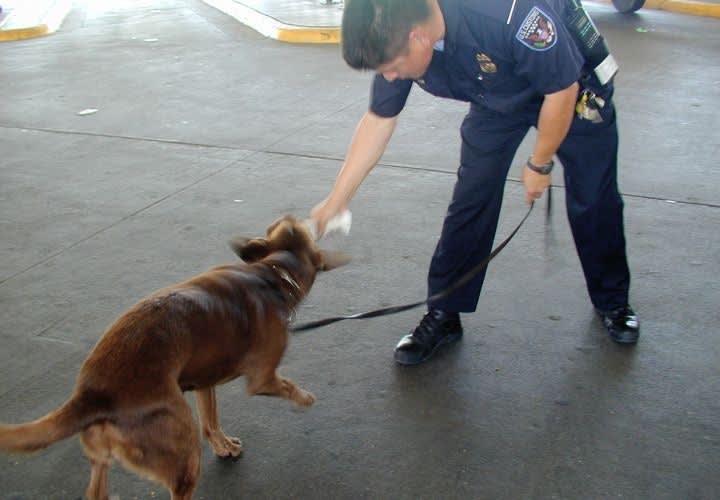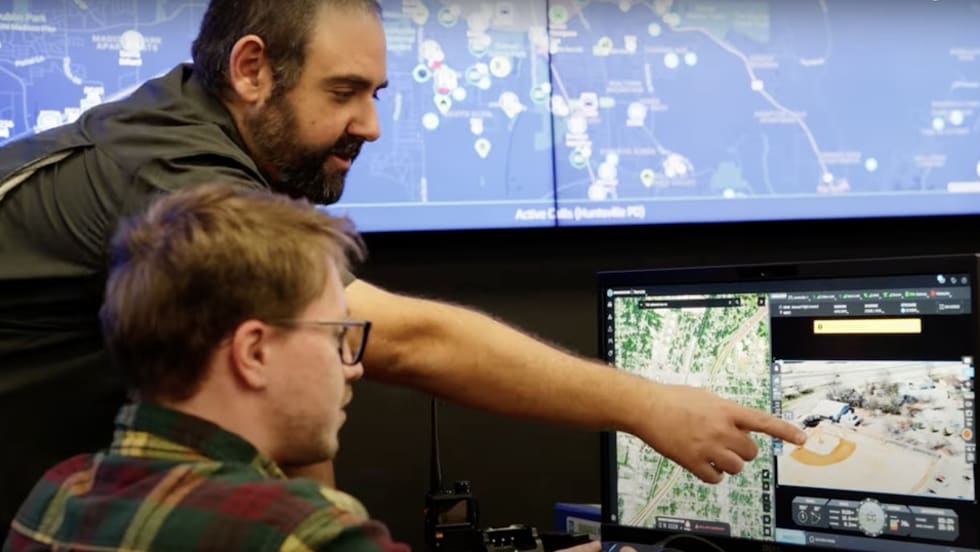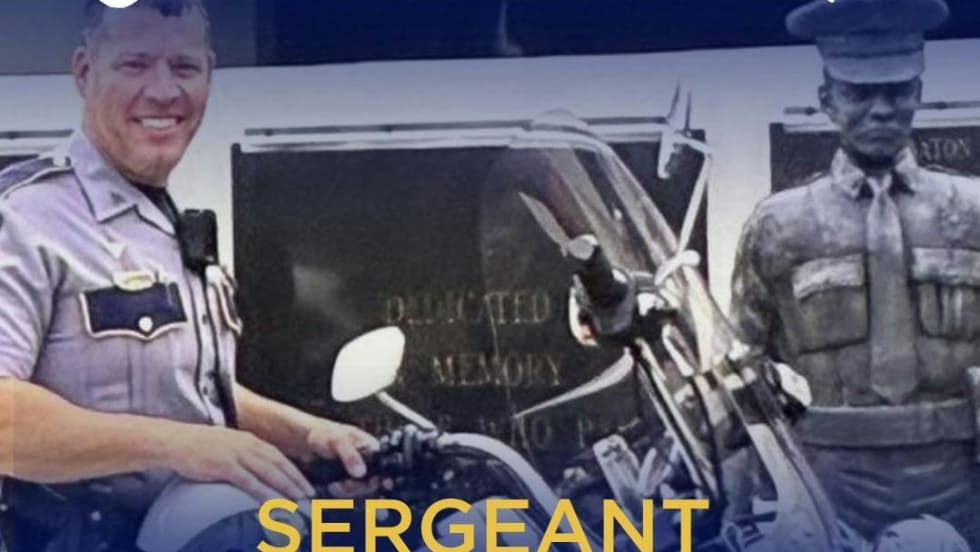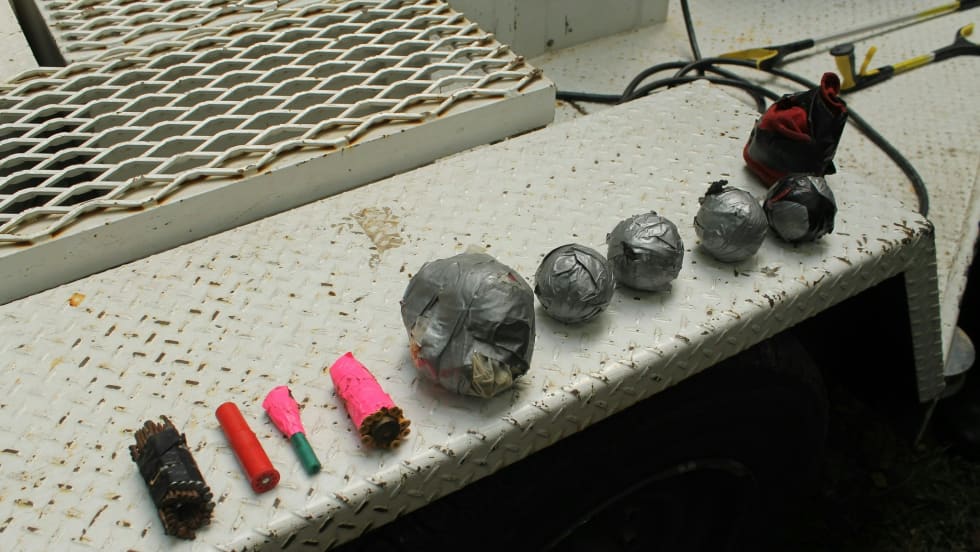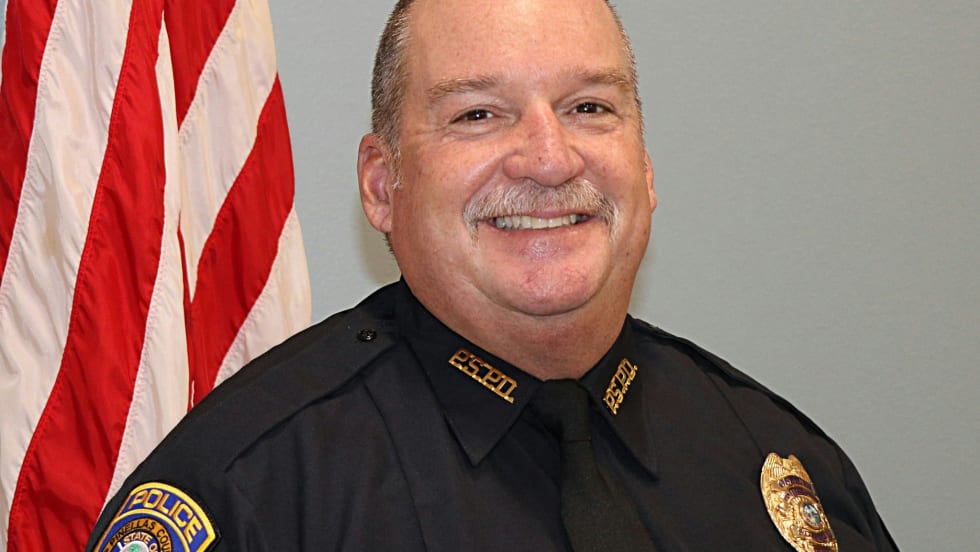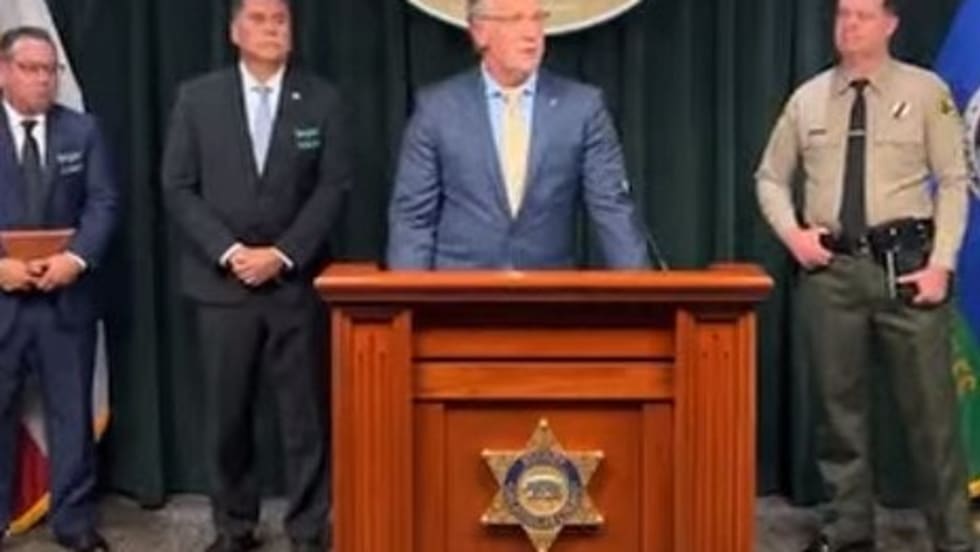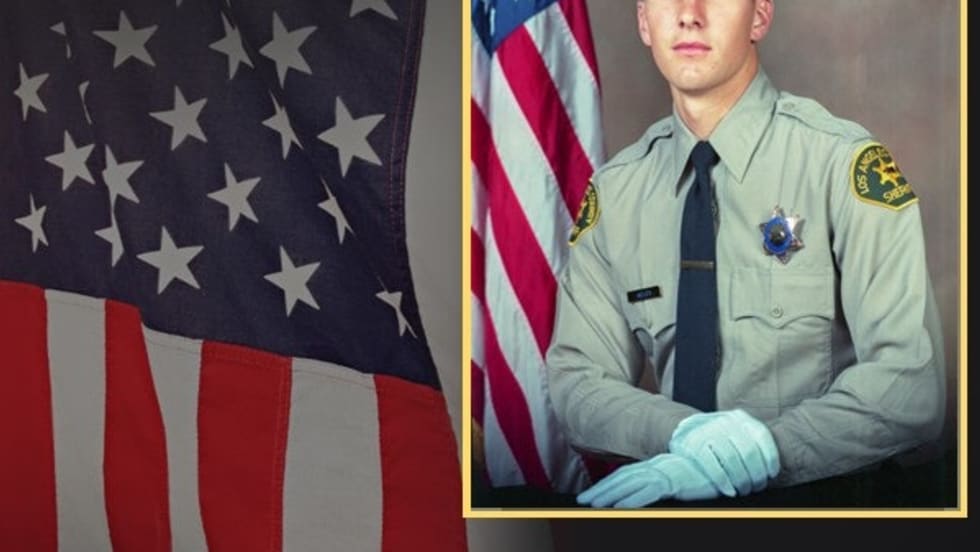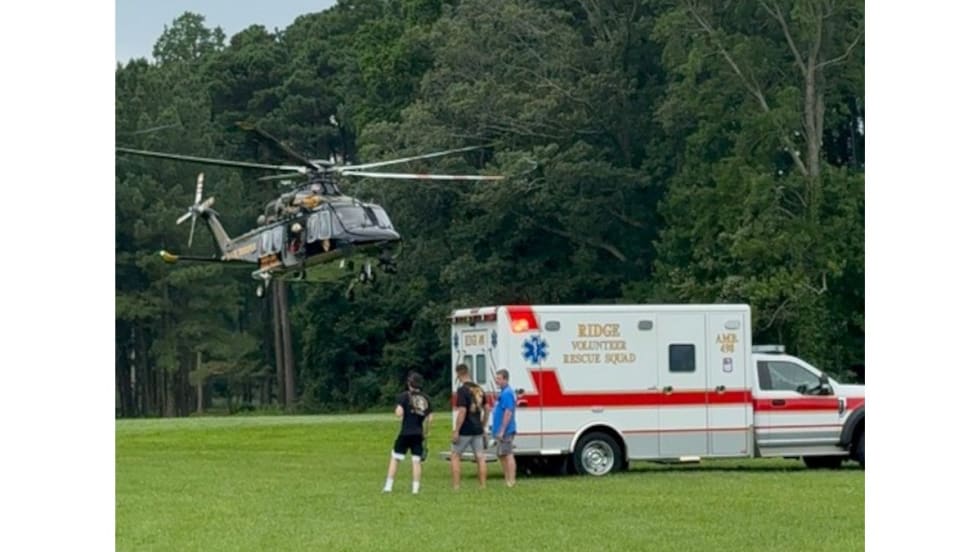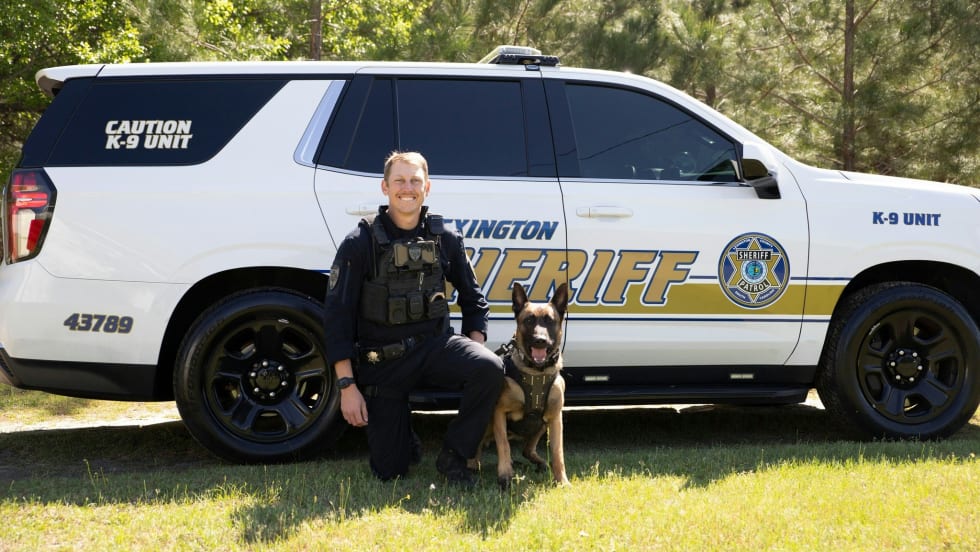At the end of the March editorial "Finding a Cure for Cancer," I asked you to send me your ideas for ending the ultra-violent wars between the Mexican drug cartels that are now threatening to spill over into the United States.
We received some very well-reasoned responses via e-mail, letter, the forums at PoliceMag.com, and over the phone. Heck, we probably would have gotten responses via carrier pigeon if people were still using them.
Chief Christopher L. Elg of the West Monroe (La.) Police Department summed up a lot of your responses when he wrote: "Your January 2009 cover photo showed an officer in tactical gear with a rifle standing ready to respond to any threat. I believe as a nation we need to be deploying military troops to the border to do just the same."
Chief Elg's idea has been voiced by other government officials, including Texas Gov. Rick Perry. About the same time as Elg was writing his comment, Perry told reporters in El Paso that he was asking for 1,000 troops to help guard the border. "I don't care if they are military, National Guard, or customs agents," Perry said.
Reader David Moore, who is serving with the U.S. Army in South Korea, sent a comprehensive list of ideas, including tougher immigration enforcement, more witness protection, and more interagency cooperation.
"We need to create multi-agency task forces and target operatives with consistency and continual follow-up. This can't just be a one-time takedown," Moore writes. "Think of it like a light focused on cockroaches. When the light is on, they stay in hiding. As soon as the light is turned off again, they are back at it. So far, what has worked best is to target specific behaviors, locations, or individuals."
Jesse Carrillo of the Austin Police Department had these comments: "The market that these cartels are exploiting is approximately $25 billion per year, so the economics of supply and demand are definitely at work here. Ruling out legalization and a military incursion, I think tasking the CIA to keep these groups off balance would be a viable option."
Carrillo also sent a link to an article that ran in the Los Angeles Times in which the paper's reporters asked some leading experts and government officials from the U.S. and other nations for their strategies for fighting the Mexican cartels.
One of the more popular opinions was voiced by Terry Nelson, a 30-year veteran of the U.S. Border Patrol, who argued that the best way to battle the cartels would be to eliminate their reason for being. "My years of experience as a federal agent tell me that legalizing and effectively regulating drugs will stop drug market crime and violence by putting major cartels and gangs out of business," Nelson told the Times.
One thing is clear about the battle against the Mexican cartels: Your strategy for countering it tends to reflect your personal world view. Cops and soldiers tend to want to fight it with guns and guts. Illegal immigrant activists want to open the border to provide more opportunity for young Mexican men. People opposed to illegal immigration want to close the border to prevent the flow of people, guns, and drugs. Libertarians want to legalize drugs and destroy the cartels' business model. And gun control advocates want tougher American gun laws to keep gun runners from smuggling weapons to the cartels, never mind the fact that many of the cartel killers deserted from the Mexican army and brought their weapons with them.
Regardless of where you stand on the issue, there are two things you need to know: This problem is not going away any time soon. And regardless of where you work on this continent, Mexican drug cartels present a great danger to you as an American law enforcement officer. Even officers in Anchorage, Alaska, have reported that Mexican cartels are active in their city, 4,000 miles from the Mexican border.



